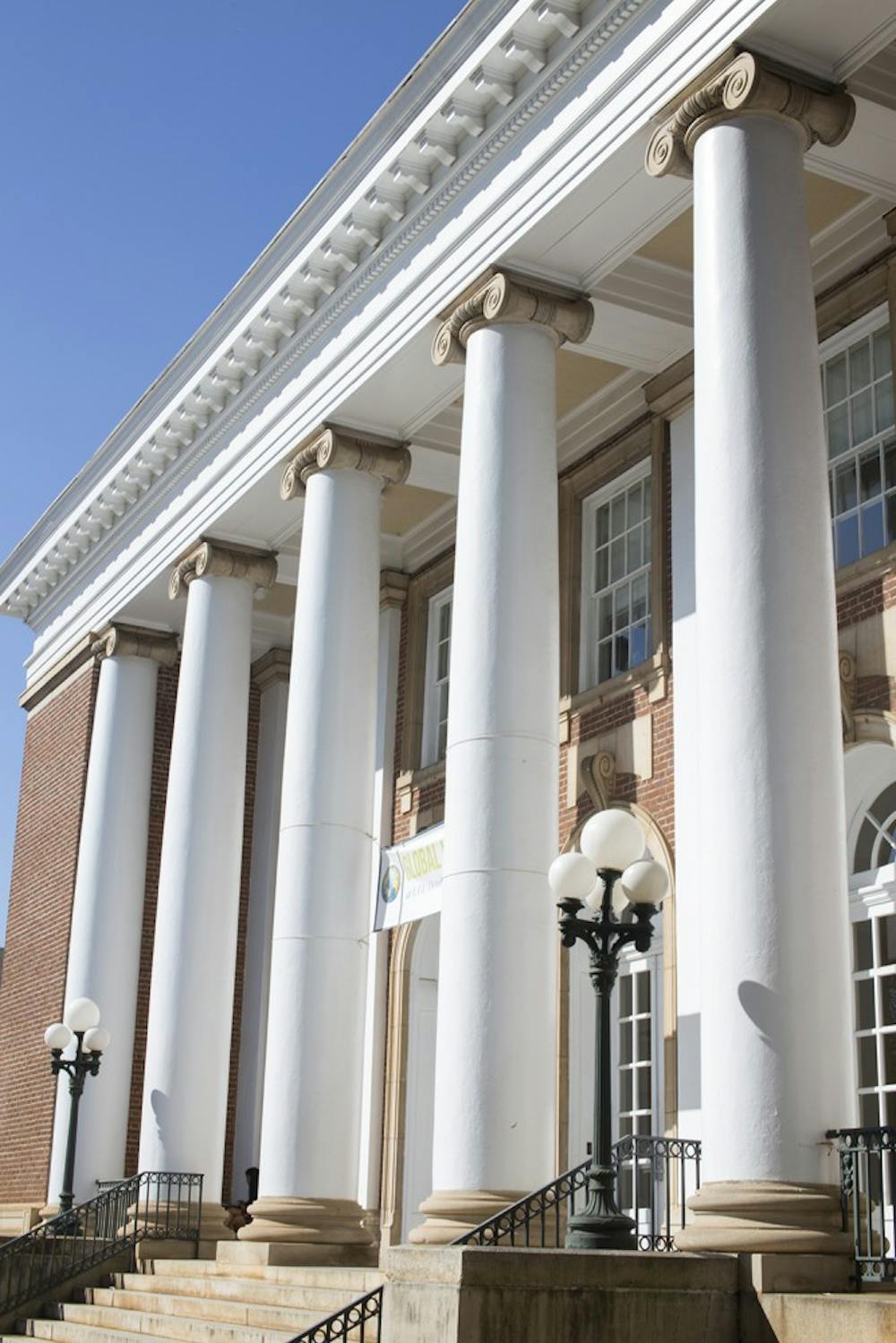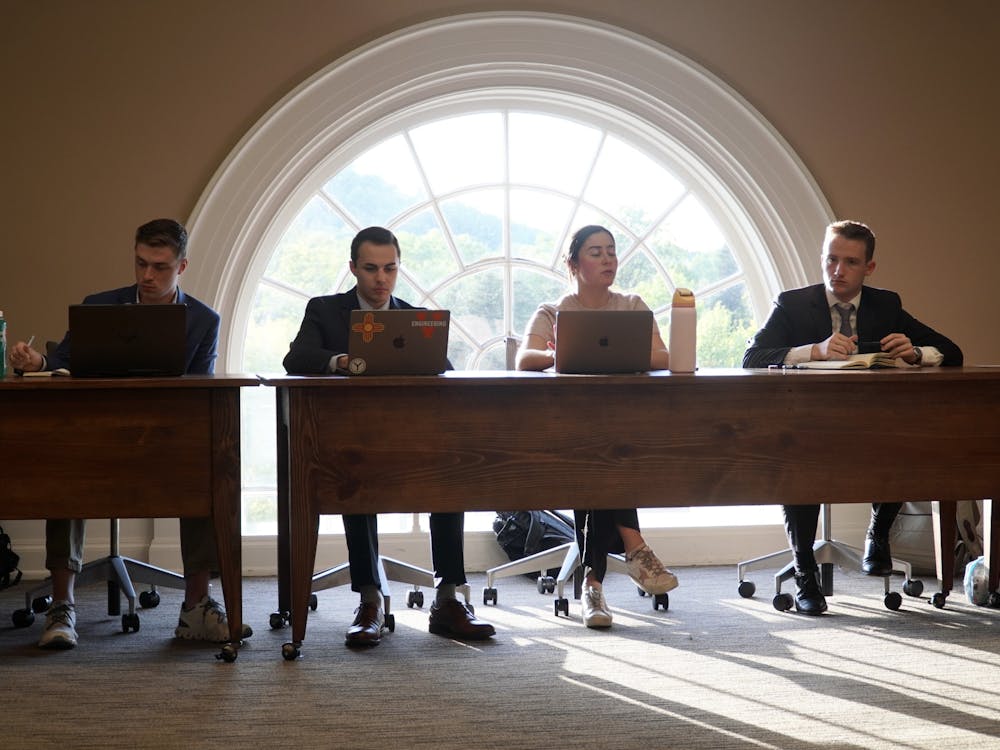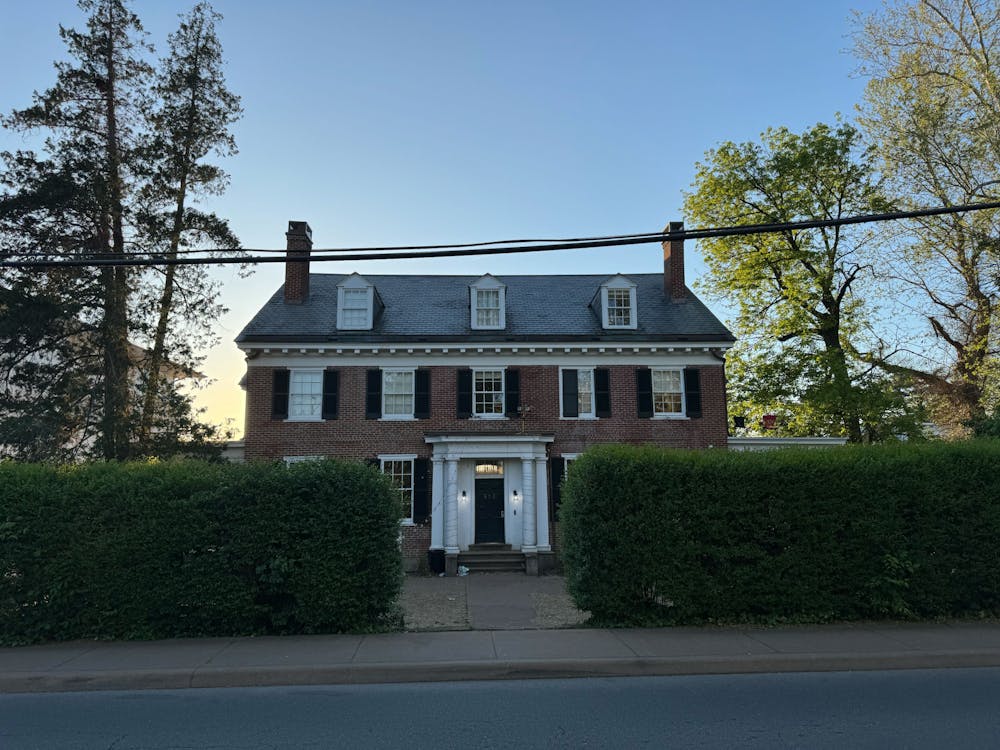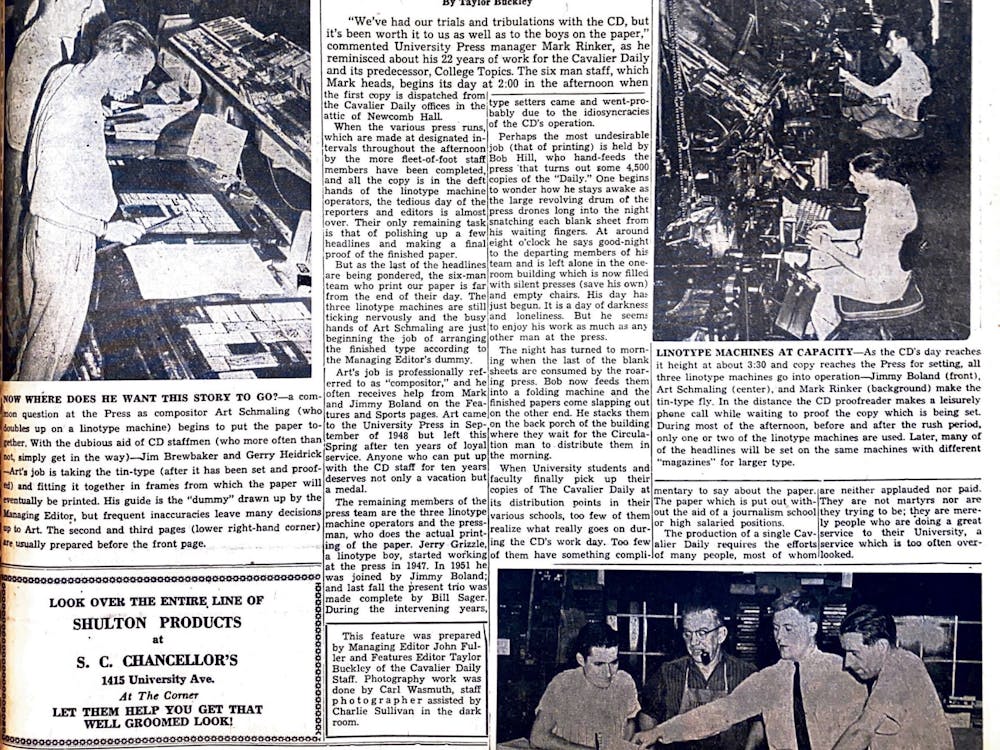In a unanimous vote by the faculty of the College last Thursday, the Carter G. Woodson Institute for African-American and African Studies is one step closer to becoming a department. This development, which was accelerated by the arrival of College Dean Ian Baucom, follows years of appeals and requests by Woodson Institute.
The institute — founded in 1981 by Armstead L. Robinson — is named after native Virginian Carter Godwin Woodson, a prominent African-American historian from the early 20th century. The institute is meant to “enhance the research and teaching of African-American studies” at the University, according to its official website.
Some functions of the institute include the administration of the African-American and African Studies undergraduate major and minor, the development of select fields of University curriculum and the promotion of a residential fellowship program for graduate students.
However, in the past, the institute has mainly pursued its goals by coordinating initiatives among existing schools and departments within the University, all while remaining a separate entity. The recent departmentalization represents a tangible change in the institute’s longstanding operational strategy.
Institute Director Deborah McDowell said the transition to a department will allow the institute to more directly affect curriculum and faculty hires.
“It is widely conceded that the most basic and most important of a university’s goals — teaching and scholarship — are traditionally carried out by departments, which hire and promote faculty members to maintain a stable curriculum,” McDowell said in an email statement.
McDowell also pointed out how several of the University’s peer institutions have academic departments for African-American affairs.
“In many ways, the unit will function much as it always has, except with greater autonomy and powers of self-determination,” McDowell said.
The institute’s transition to an academic department has also been supported by the Black Student Alliance. BSA President Bryanna Miller, a third-year College student, said the group included this initiative in its “Towards a Better University” report.
“For years, the Woodson Institute has been regarded as one of the best African-American Studies Programs in the nation,” Miller said in an email statement. “We believe that the elevation of the Carter G. Woodson Institute will place African and African-American Studies at the center of academic life at U.Va., right where it belongs.”
Like McDowell, Miller also said she hopes the institute will be able to expand course offerings and expand its curriculum.
“It is our hope that the African and African-American Studies Department will be able to expand the number of courses available for students, hire additional faculty, particularly those that focus on the continent, and continue to produce the highest quality scholarship,” Miller said. “These things are important as many AAS courses are routinely oversubscribed, and black faculty members often provide necessary emotional and professional support for students of color.”
Correction: This article previously incorrectly stated that the Carter G. Woodson Institute was officially a department. The faculty vote is only a part of the process.





